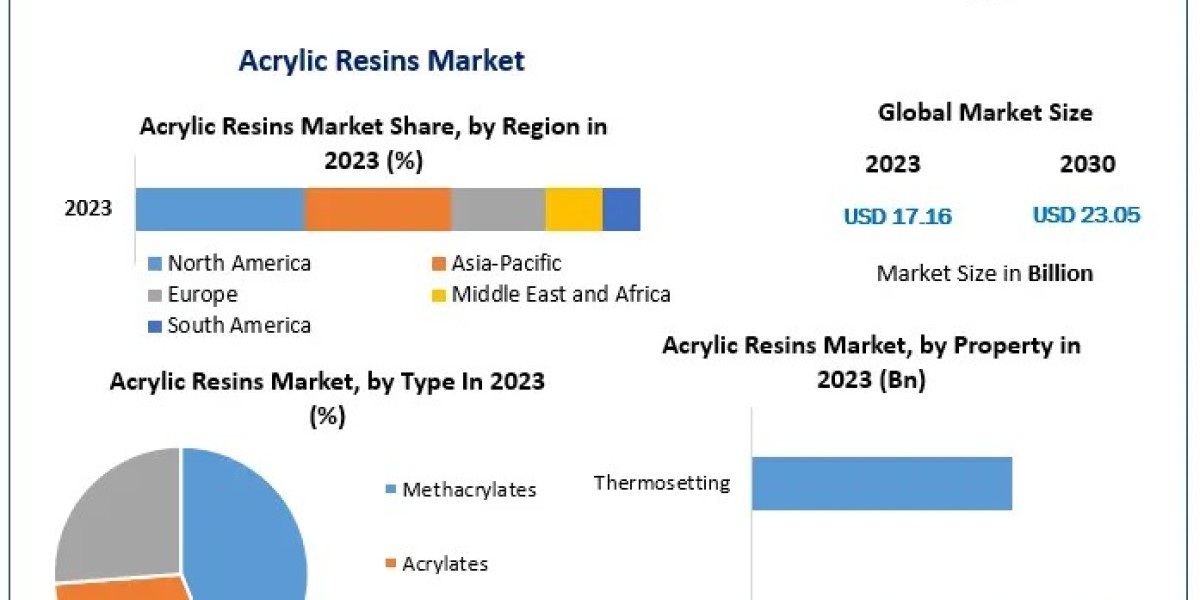The emergence of multi-drug resistant Acinetobacter strains has created an urgent medical need for the development of novel therapeutics targeting this pathogen. Currently, treatment options are extremely limited due to multidrug resistance.
The global Acinetobacter pneumonia therapeutics market is estimated to be valued at US$ 614.9 million in 2024 and is expected to exhibit a CAGR of 5.8% over the forecast period 2024 to 2031.
Key Takeaways
Key players related content: Key players in the Global Acinetobacter Pneumonia Therapeutics Market Size are focusing on expanding their product pipelines by investing heavily in R&D activities. Pfizer, GSK and AstraZeneca are evaluating several candidates targeting multidrug-resistant Acinetobacter in clinical trials.
Growing demand: Increasing incidence of drug-resistant infections due to overuse of antibiotics has created a demand for novel anti-Acinetobacter therapies. The emergence of pan-drug resistant strains unable to be treated with currently available antibiotics further fuels the need for new treatment options.
Global expansion: Major players are expanding their global footprint in high growth markets such as Asia Pacific and Latin America through strategic collaborations and acquisitions. Companies seek to support broad patient access and international distribution of future anti-Acinetobacter drugs.
Market drivers
One of the key drivers for the Acinetobacter pneumonia therapeutics market is the rising prevalence of multi-drug resistant Acinetobacter infections globally. According to the World Health Organization, Acinetobacter species currently rank among the most common causes of hospital-acquired infection worldwide. The overuse and misuse of broad-spectrum antibiotics has contributed to the rapid rise of new resistant strains unable to be treated with existing pharmacotherapy. This has created an urgent need for novel treatment approaches, driving R&D and growth of the Acinetobacter pneumonia therapeutics market.
Current geopolitical situation is impacting the growth of Global Acinetobacter Pneumonia Therapeutics Market. With rising political tensions between major powers, international collaborations on R&D for new therapeutics have become difficult. Many countries are also prioritizing development of domestic capacity over imports. This poses challenges for global pharmaceutical companies reliant on partnerships. Moreover, conflicts and health crises divert resources away. The Covid-19 pandemic significantly slowed clinical trials for Acinetobacter Pneumonia drugs over the last two years. Going forward, companies must pursue local manufacturing and trial sites in different regions to mitigate over-dependency and ensure continuity of supplies. Regional partnerships will be important to share technology and costs for developing novel treatments.
Get more insights on Global Acinetobacter Pneumonia Therapeutics Market









